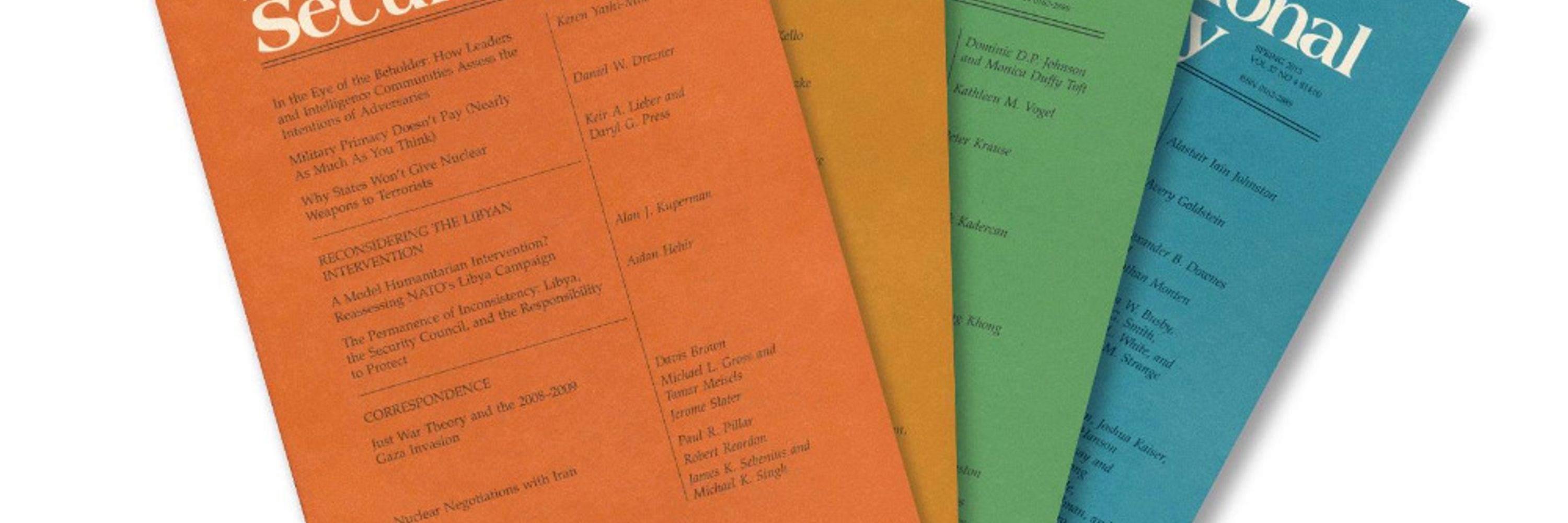
doi.org/10.1162/ISEC...

doi.org/10.1162/ISEC...
doi.org/10.1162/ISEC...

doi.org/10.1162/ISEC...
doi.org/10.1162/ISEC...
This article is Open Access.

doi.org/10.1162/ISEC...
This article is Open Access.
“The Rules-Based International Order: A Historical Analysis,” by Marc Trachtenberg
doi.org/10.1162/ISEC...
This article is ungated thanks to @mitpress.bsky.social.

“The Rules-Based International Order: A Historical Analysis,” by Marc Trachtenberg
doi.org/10.1162/ISEC...
This article is ungated thanks to @mitpress.bsky.social.

doi.org/10.1162/ISEC...

doi.org/10.1162/ISEC...
doi.org/10.1162/ISEC...

doi.org/10.1162/ISEC...
doi.org/10.1162/ISEC...

doi.org/10.1162/ISEC...
doi.org/10.1162/ISEC...
This article is ungated thanks to @mitpress.bsky.social.

doi.org/10.1162/ISEC...
This article is ungated thanks to @mitpress.bsky.social.
“Knowing What Not to Know About Islamic State: Terrorism Studies and Public Secrecy,” by @drsarahphillips.bsky.social and Daniel Tower
doi.org/10.1162/ISEC...
This article is Open Access.

“Knowing What Not to Know About Islamic State: Terrorism Studies and Public Secrecy,” by @drsarahphillips.bsky.social and Daniel Tower
doi.org/10.1162/ISEC...
This article is Open Access.

